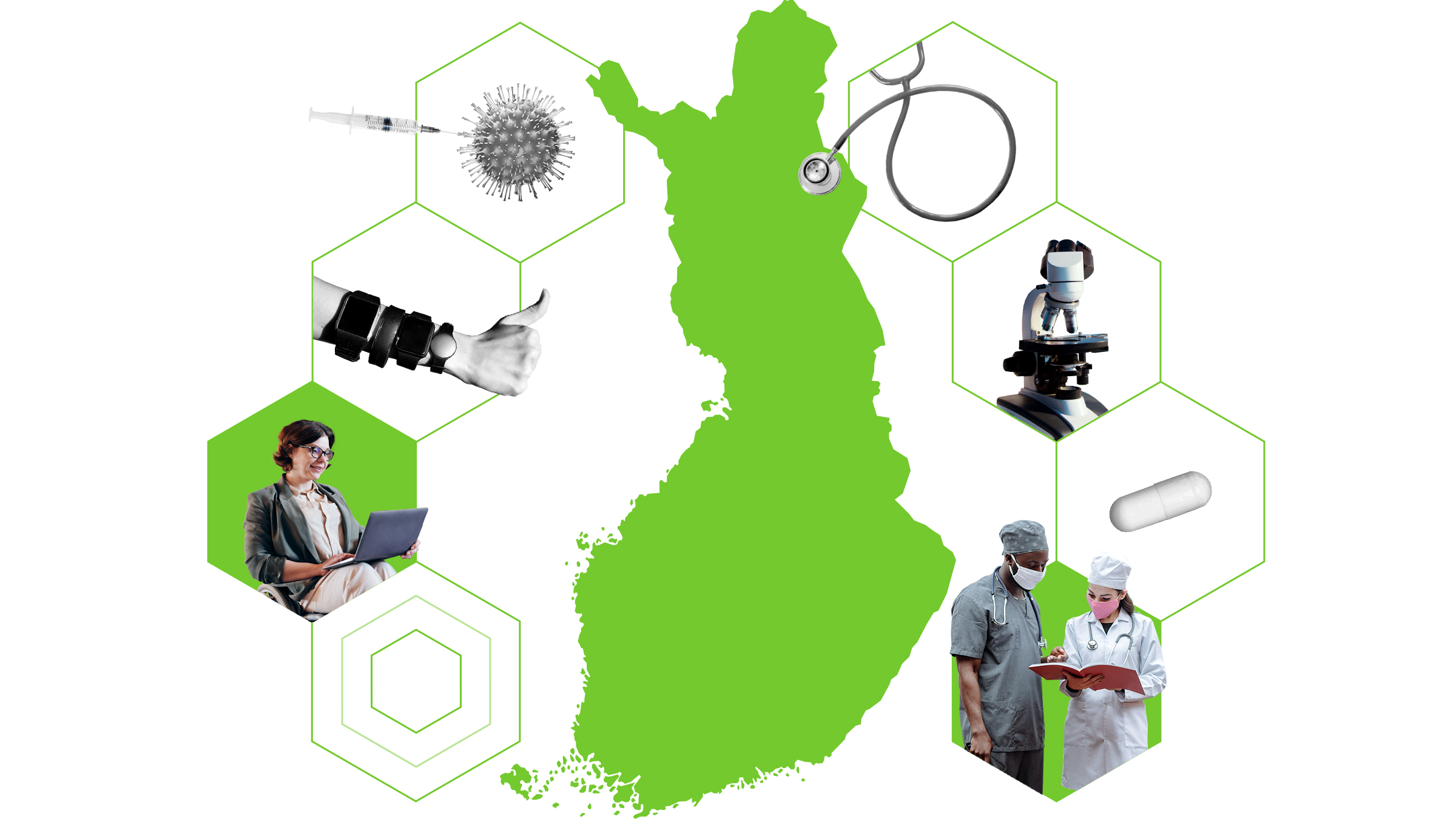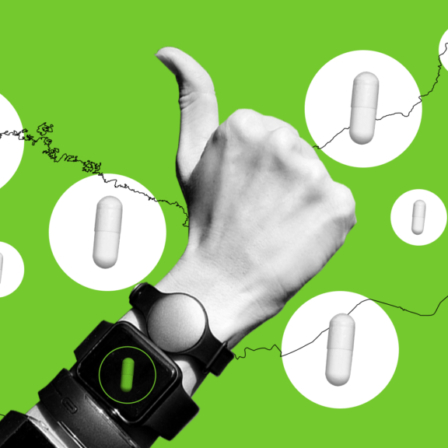Sitra funded three preparatory projects on decentralised medical research in Finland. Decentralised trials use digital methods to facilitate the work of researchers and the participation of patients.
The trials showed that there is a need for decentralised methods. There is a desire to reduce patient travel and manual recording, to improve data quality and to facilitate recruitment of participants. However, the applications available in Finland do not always support the use of holistic solutions, as they cover smaller entities such as the digital authorisation of a patient (remote consent). Based on the trials, there is no single solution in Finland for all the functionalities needed for pharmaceutical research.
The projects showed that changing the way drug trials work is difficult. With funding often at a premium, and with pharmaceutical trials being a major investment and requiring significant resources, the primary aim of the approaches is to minimise the risks associated with implementation. New methods increase risks, for example in terms of the need to obtain regulatory approvals and the skills required for implementation. This raises the threshold for adopting new tools or approaches.
Ready-made operating models and free apps can be used in drug trials.
Decentralised methods change often the way surveys are conducted. Instead of patients reporting their symptoms at fixed intervals, they can report them as soon as they occur. It was decided to use such a model in the HUS pilot. The model was adapted from the existing digital care pathway in the Health Village, which also seems to be suitable for drug trials. The outcome of the study will later provide information on the use of the model for other studies.
Decentralising drug trials does not always require significant IT investment and often very simple tools can be used. The University of Jyväskylä experiment produced a questionnaire on symptoms that can be implemented on multiple platforms. More important than the digital application are the questions to be asked of patients and their acceptance as part of the study. In this experiment, a free application was used for the survey, from which the patients’ answers are transferred to the university’s servers in an environment of high privacy. The University of Jyväskylä also offers this questionnaire free of charge (in Finnish) to other stakeholders.
Pharmaceutical research is subject to government guidelines and legislation. At present, legislation on and the practices of decentralised methods are not harmonised across the European Union. For example, national requirements for remote consent vary, so solutions also need to be tailored to the country concerned. This means that the important benefit of decentralising research, namely scalability, is lost. For single-country studies, investing in decentralised tools may not be profitable.
Decentralised methods appear to be better suited to the later stages of drug trials. In the early stages, the number of patients is small, so the benefits of scalable solutions are not realised. This challenge also is faced by smaller organisations and is due to limited budgets.
Sitra funding was also used for training and to identify new applications to support research, such as tendering and negotiating with system providers. Conventional funding for medical research often does not support research into new methods.
The trials were carried out in 2022–2023 as part of Sitra’s Health Data 2030 project, which aims to build solutions and rules for the cross-border use of health data in Europe and support the competitiveness of the Finnish health sector.
We recommend
Have some more.


